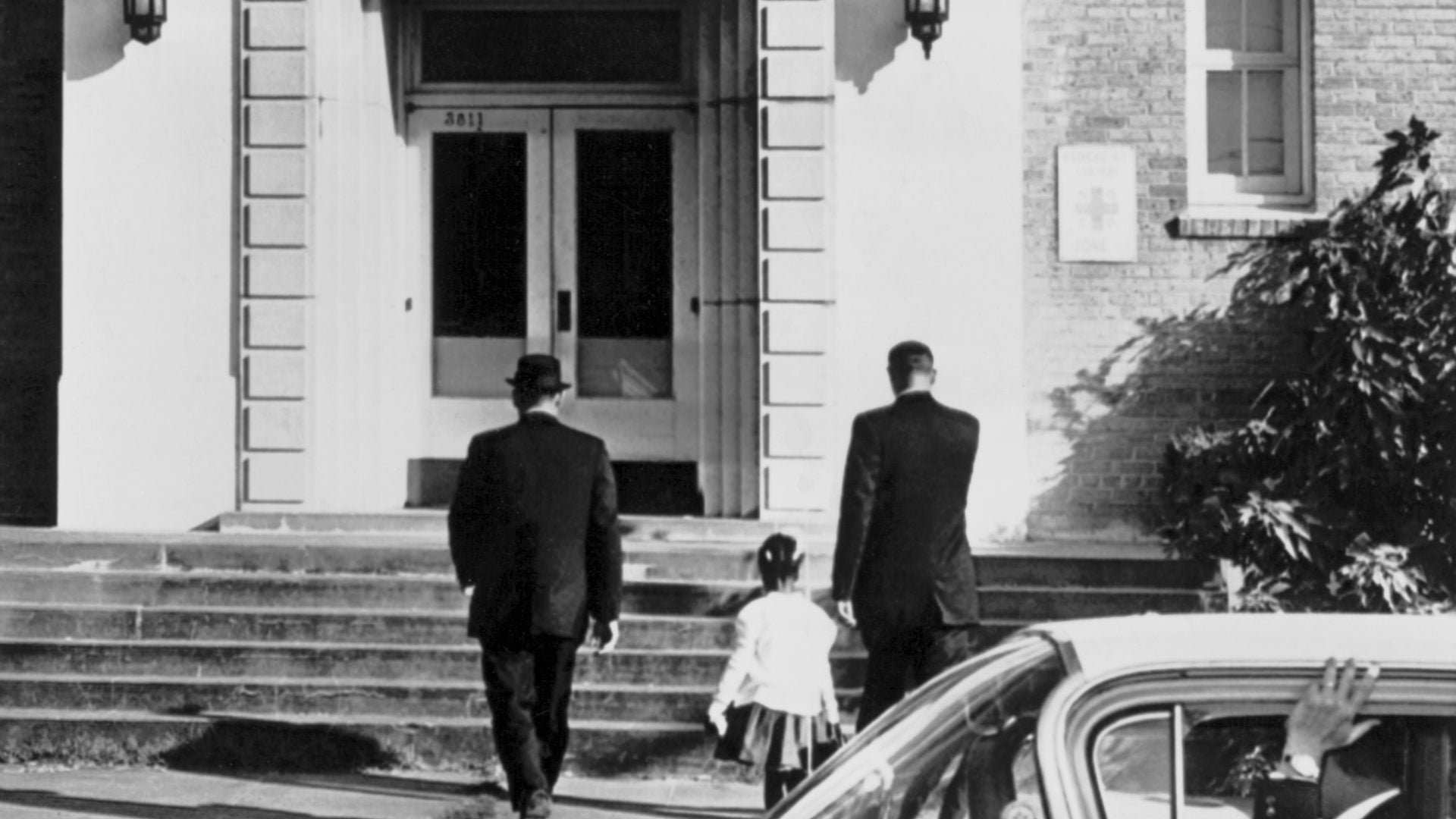
An elementary school in Florida has temporarily banned students from viewing a film about civil rights pioneer Ruby Bridges after a parent complained.
A screening of the 1988 film “Ruby Bridges,” a historical drama about 6-year-old girl Bridges who integrated an elementary school in New Orleans in 1960, was held at North Shore Elementary in St. Petersburg, Florida, on March 2. The film was shown to approximately 60 second-grade students, and each child had to have a signed permission slip to view the movie, according to the Tampa Bay Times.
Two students’ parents refused to let their children see the film and one of those parents filed a formal complaint on March 6 after watching the first 50 minutes. The parent objected to the film’s racial slurs and argued that it could teach students that “white people hate black people,” according to the complaint CNN reports.
After a parent asked that the film be removed from the school’s approved film list, Pinellas County Schools officials temporarily barred “Ruby Bridges” from the elementary school while a committee evaluated it. Pinellas County Schools public information officer Isabel Mascareas told NBC News that a link to the trailer was included in the permission forms for all parents to see.
Mascareas told NBC News that once the complaint was submitted, “it was communicated to the parent that the school would not have any future showings during this school year as the movie had already been shown.” She also stated that the unrated film is still available through the district’s licensed movie library.
Ruby Bridges, the inspiration for the movie, enrolled in William Frantz Elementary School in New Orleans for the first time on November 14, 1960, when she was six years old. After a federal judge ordered the desegregation of New Orleans schools, six years after the Supreme Court made racial segregation in public schools illegal with the Brown v. Board of Education ruling, Bridges was escorted by four federal marshals as she passed through a mob of angry White people shouting racial epithets and protesting her presence.
The 1998 Disney film is a dramatized portrayal of Bridges real-life experience. “Ruby Bridges,” directed by Euzhan Palcy and written by Toni Ann Johnson, won multiple awards, including a Christopher Award and a Gold Apple from the National Educational Media Network. The film was also nominated for an NAACP Image Award for finest television movie or mini-series in 1999.
In an interview with CNN, Johnson said she believes second graders can watch this movie if their teacher provides historical context and answers their questions. “Teachers across the country have told her the movie is a valuable teaching tool,” she said.
“The reason I think that second grade is not too young is that by that age, children are recognizing racial differences. Ruby was six years old when she desegregated William Frantz,” Johnson said. “If children are old enough to be called the N-word and learn what it means, then it’s my opinion that second graders who are seven and eight years of age can and should begin to learn about the history of racism in this country,” Johnson added.
Pinellas County Schools faced pushback earlier this year after banning Toni Morrison’s “The Bluest Eye” from all high schools in response to a parent’s complaint about the book’s rape scene.
Florida Gov. Ron DeSantis signed the Stop WOKE Act, which limits race-inclusive teachings in schools, into law last year. In January, DeSantis’ administration prohibited African American studies from being taught in the state’s secondary schools.